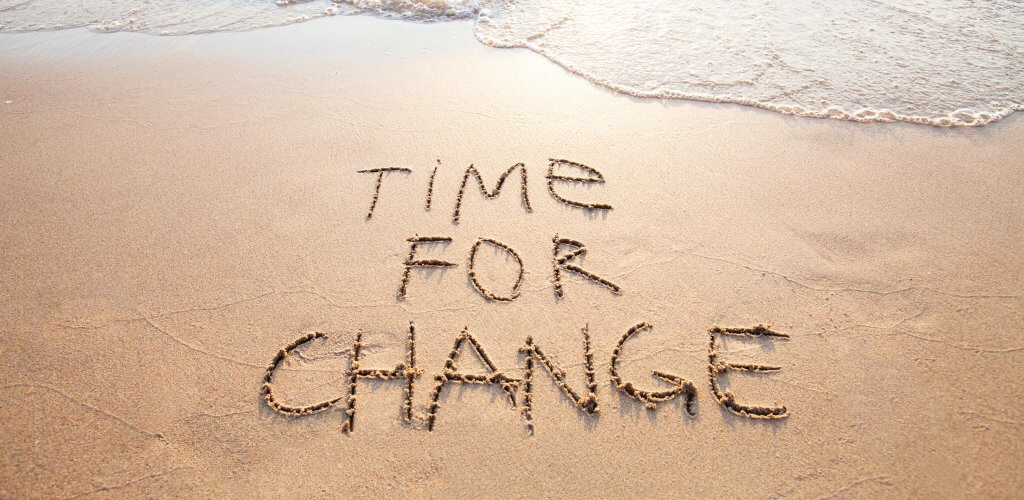If there is something that is unavoidable in life, it is change. Sometimes these changes are minor, but sometimes they can be major – think about marriage, divorce, loss of a loved one, a new job, having children, going back to school or buying a home. These transitions often uproot our world, sometimes in a way that we are not ready or ready to deal with.
For all the pain, insecurity and happiness that these important life changes bring to our lives, there is no question that they can take their toll on our mental health as we try to work in our field without stopping Huh.
Why are serious lives changing … serious
There is a reason that major life changes can affect our mental health, and it all comes down to how the brain functions.
“When you change, it actually activates the conflict sensor in your brain, and it causes brain chaos in what we call cognitive dissonance,” said Toxespace, assistant professor of psychiatry at Harvard Medical School. Shirney Puppies says. “This activation of conflict censors causes stress in people.”
And not everyone is the same. Puppies suggest that personality determines how change affects our mental health. Those who seek newness change more easily, while those who are most comfortable maintaining the status quo will find it more difficult to change life.
Positive changes affect our mind too
Mental health outcomes do not vary during major changes. Even changes that are usually positive, such as celebrating a new marriage or having children, are remembered in the mind like a more difficult event. The brain is more comfortable working with old patterns, and anything new creates a dilemma.
“When it comes to positive changes in life, the brain has to do something different,” says Pillay. “Even if this change is positive, it can create feelings of anxiety, insecurity or unfamiliarity, and it speeds up the development of habits in the brain. This means that as soon as you feel stressed, you want to revert to old habits. “
See high5shop.se
It entices setting big goals for itself, but for lasting progress, it is best to start with the goals achieved. Want to change jobs? Apply for 5 jobs and send 5 introductory emails per week and keep working. Do you want to lose weight? Go to the gym two to three times a week, or two or three times a week. Want to change your privacy status? Try to communicate and prove yourself, actively asking people for drinks or breakfast once a week. By starting small, you form a habit. If you run twice a week for a month, you can run three times a week for the next month, and after two months, you can run five times a week. It is a new way of life in four months. If you have a basic habit that supports you, it is easy to develop and then immediately start walking five times a week.
Create a Process
It is all about discipline. Disciplined people will set aside time to complete work, work, exercise or any other goal no matter where they are and when they have a free moment. Do you think you don’t have time? Are there any TV shows you follow? You do not do this. Spend a lot of time on social media? Obtain a blocker or disable your accounts. You make time for what you care about, and if you want to achieve this goal, you will find time for it. People who regularly get up and run, eat a healthy diet, and build their lives by dedicating time to their goals every day, to work their dreams, are the only way to make lasting progress.
Take responsibility
Loud goals make them real – so tell someone you trust and how you plan to achieve them. When you tell someone about your goals, it means that they will be interested in your progress and you have to tell them. To check on someone every week or two and to whom you have to report your progress is the same as the coach or teacher you have to answer – there will be consequences for not meeting your goals, you will shrink and not move. will do. Go on with your life. When you talk to people, it means that you are serious about your goals, which helps hold you accountable.
Track your progress
Write down what you did – whether you apply for a job, send an email for an informal interview, invite more people for coffee, eat more salads, etc. – write it down so that you know how you’re doing. Not only does it help you stay on track, but it also reminds you that you are doing it. You are taking real steps to achieve your goals day by day. So write it down


